When it comes to my favorite Janet Jackson album, I'm always torn between Rhythm Nation and The Velvet Rope. I consider them both forward-thinking pop-R&B masterpieces that never get their fair share of critical reappraisal in the form of either media thinkpieces or academic literature--but the latter tends to win out, probably because of the deeply personal connection I have to it.
See, Rhythm Nation came out when I was not-quite-yet four and not even living in America, in September 1989. I arrived in the U.S. from Guyana the following January, settling down in Poughkeepsie, New York as the album comfortably settled into its three-year domination of radio and music television, so that my first memories of America and of becoming a sentient human being are tied to "Escapade," "Alright," and "Love Will Never Do (Without You)." But I couldn't fully appreciate what those songs and videos meant, I just knew that they were fun and bright and colorful and I loved the pretty lady singing and dancing to them.
Related | I Think, Therefore Icon: Janet Jackson
The Velvet Rope, however, came out a month before my 12th birthday, on October 7, 1997, when I was more fully aware of who I was and who I was becoming: kids had already been calling me a f****t for several years and I had begun to think that maybe they were onto something. I anticipated each new song and video, internalizing their lyrics and choreography--because I got lonely, too, dammit. Especially in middle school, where I felt rudderless and desperate for friends. High school proved better, but a few months into my freshman year, my mother got sick and passed with surprising celerity. She was buried on November 5, 1999--which just so happened to be my 14th birthday. No one remembered. I didn't care that much...I mean, there were other things happening.
After the funeral, I sequestered myself in my aunt's bedroom as my mother's wake went on around and without me. However, my "cousins"--they weren't really my cousins, but I grew up with them in Poughkeepsie's small-but-closely-knit Guyanese community where older women and men were always "aunts" and "uncles"--intervened. I don't know if I told them or someone else did, but they learned it was my birthday. Knowing myself, now and then, I probably told them because I didn't feel there was enough attention being paid to the real story.
I was excited about my 14th birthday. I can see self-absorbed 13-year-old me telling my mother, who in retrospect seems ailing and frail, how excited I was to finally be a real teenager, since for whatever reason I thought 13 somehow didn't count. And here was my 14th birthday and I felt more isolated than I had been in middle school, searching the cafeteria for a place to sit with a fear that dwarfed my body.
The feeling was the same, though. I felt invisible. But my cousins did one of the little things that people do from time to time that make all the difference in the world to you, that lets you know that someone sees you. They left my aunt's house, went to the nearby Poughkeepsie Galleria Mall, and bought me three CDs (of my own choosing) as a birthday present: The Velvet Rope, The Miseducation of Lauryn Hill, and TLC's FanMail (what can I say, I've always had great taste). For a while, these were the only CDs I owned, and I listened to them endlessly.
But The Velvet Rope spoke to me in more profound ways, articulating ideas I couldn't, or was hesitant to, articulate myself: my loneliness and depression ("I Get Lonely" and "Empty"), my mourning ("Together Again" and "Got 'til It's Gone"), and, vitally, my immense faggotry ("Free Xone" and "Tonight's the Night").
Queer references abound on The Velvet Rope: an interlude peppered with Bette Davis quotes from All About Eve ("Fasten your seatbelts!") and Whatever Happened to Baby Jane? ("But ya are, Blanche! Ya are!"); the sample of the Diana Ross disco anthem "Love Hangover" that serves as the foundation for "My Need"; a cover of Rod Stewart's "Tonight's the Night," that, with pronouns unchanged, paints Janet as sapphic seductress; and, most overtly, the trippy, anti-homophobia "Free Xone" ("Boy meets boy, boy loses boy, boy gets cute boy back"). Years later I would learn that Janet had written "Together Again" for a friend she lost to AIDS, which makes its boundless ebullience resonate that much stronger and feel that much more important.
Now, I could go on and on about this album's influence on the pop and R&B of today--you can draw a direct line from The Velvet Rope to Solange's A Seat at the Table, down to the number of intricately interlaced interludes--but, to me, its significance is not so clearly appraised. Twenty years ago it became a part of me, and it would go on to define and crystallize a moment in my life when everything changed.
And, much like me, it has aged beautifully and should be enshrined as a landmark achievement.


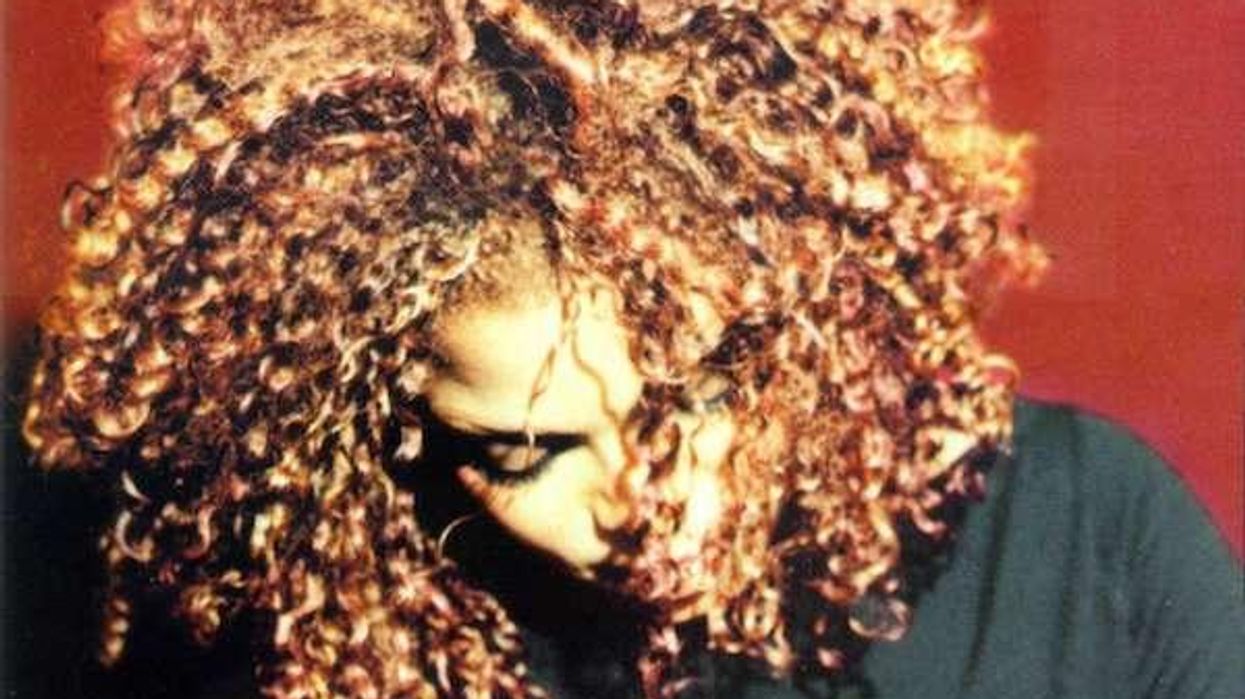


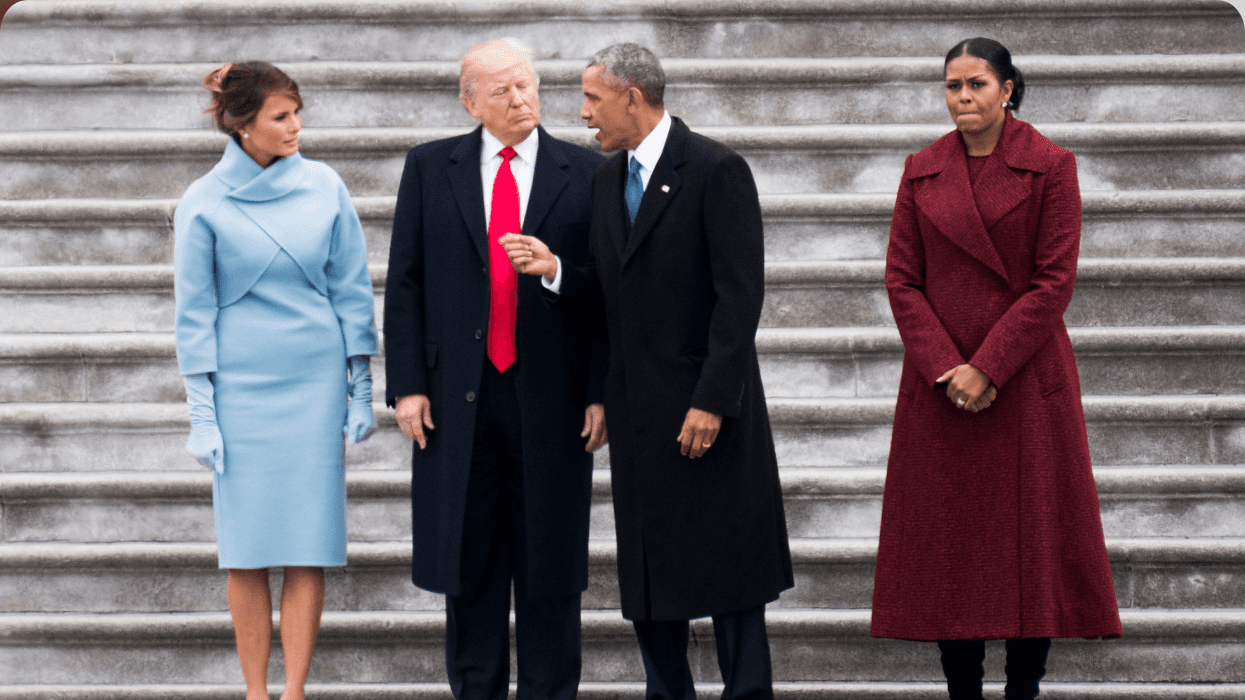





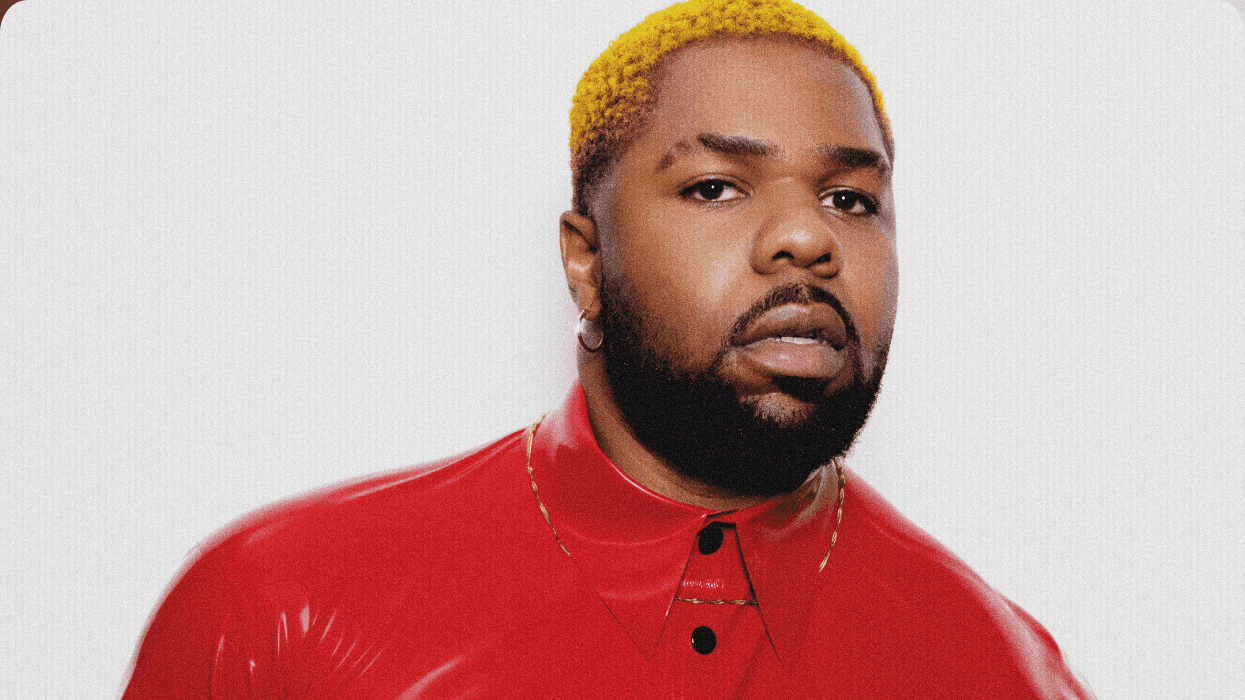









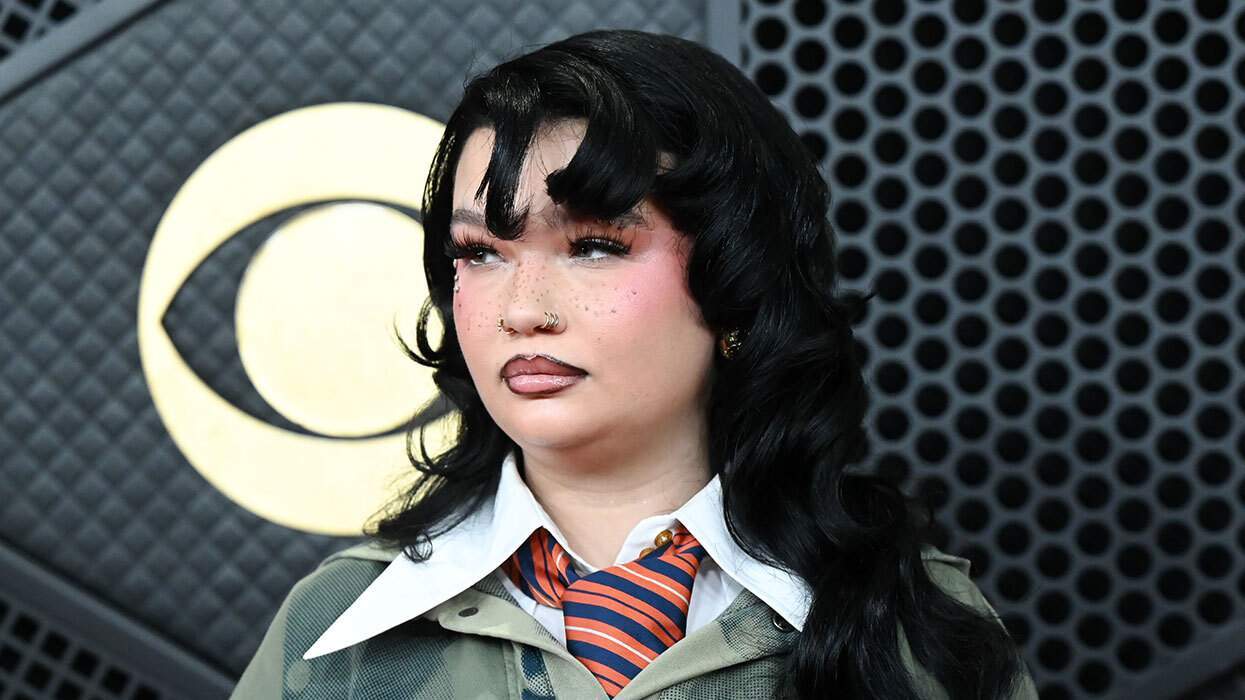
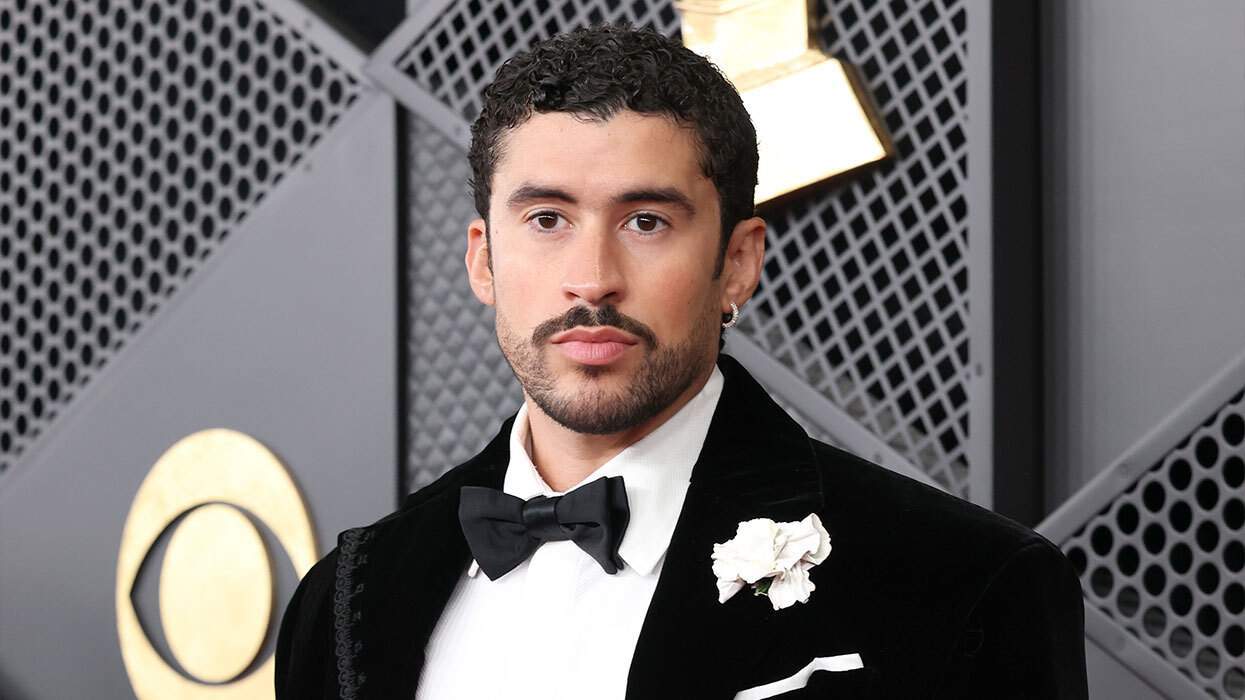
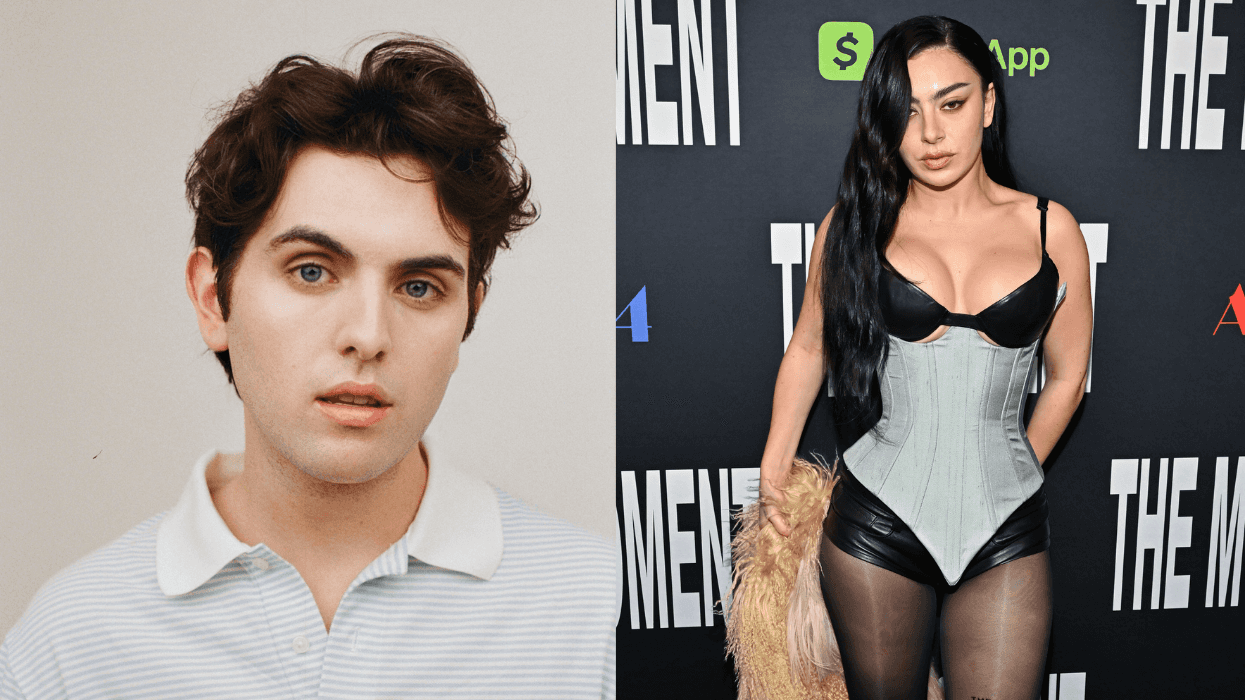
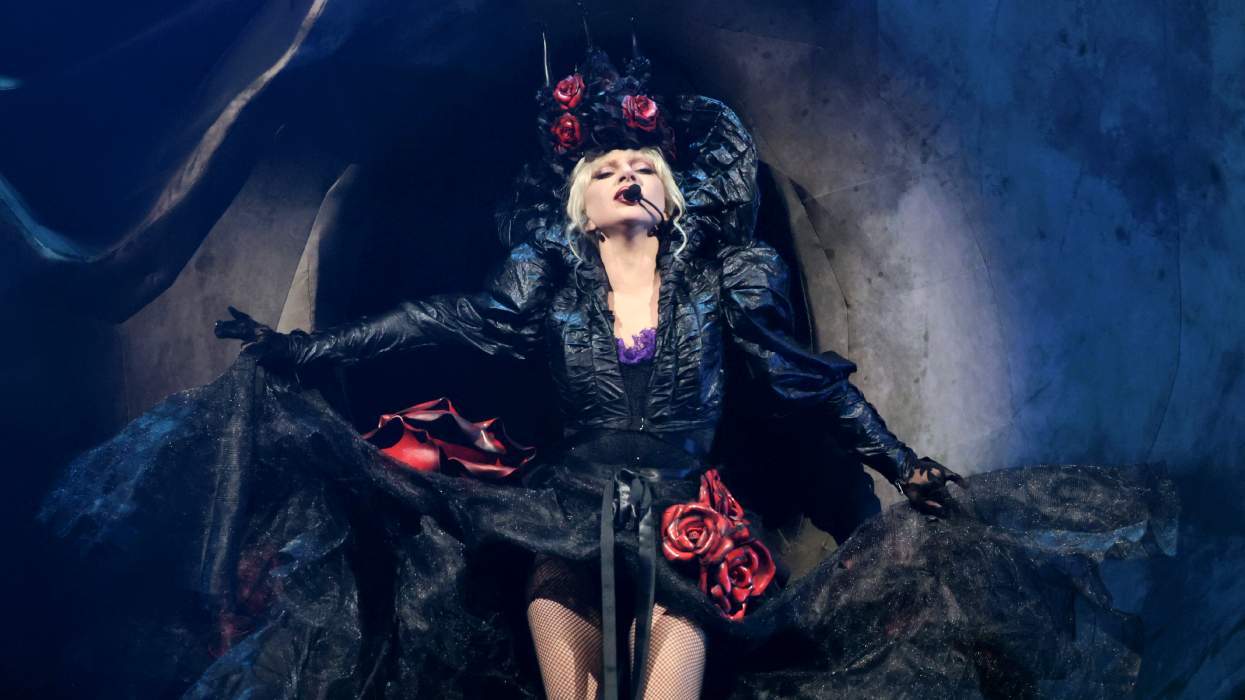
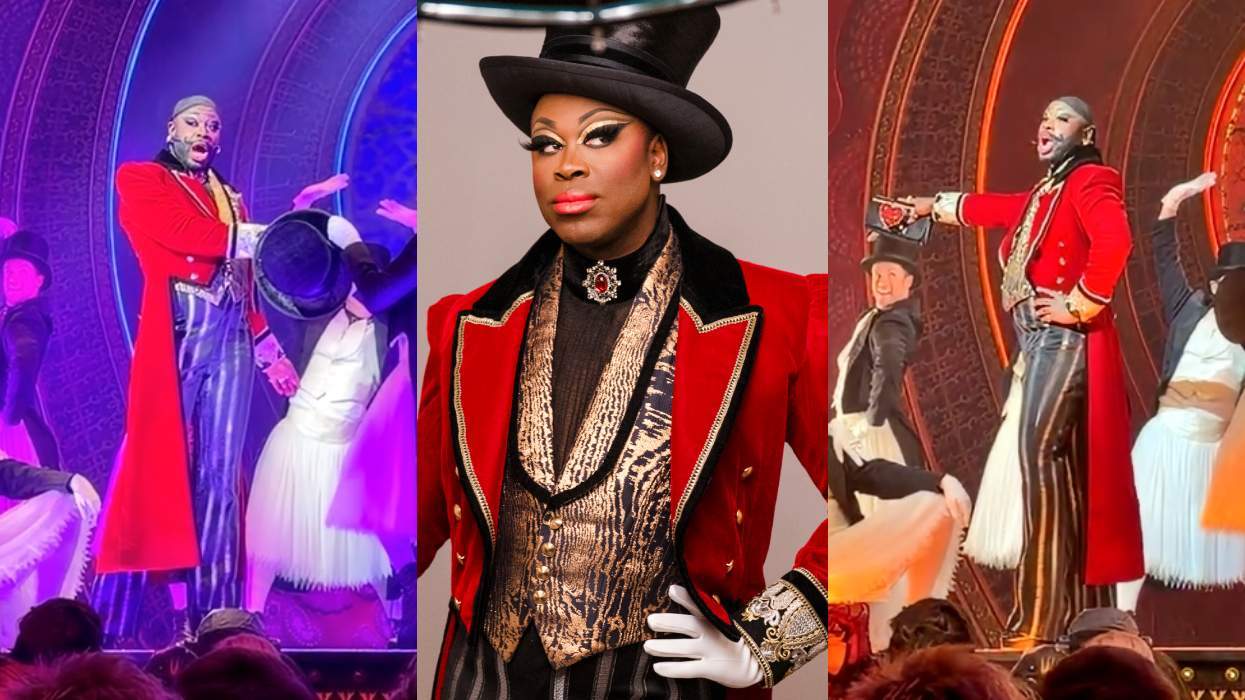

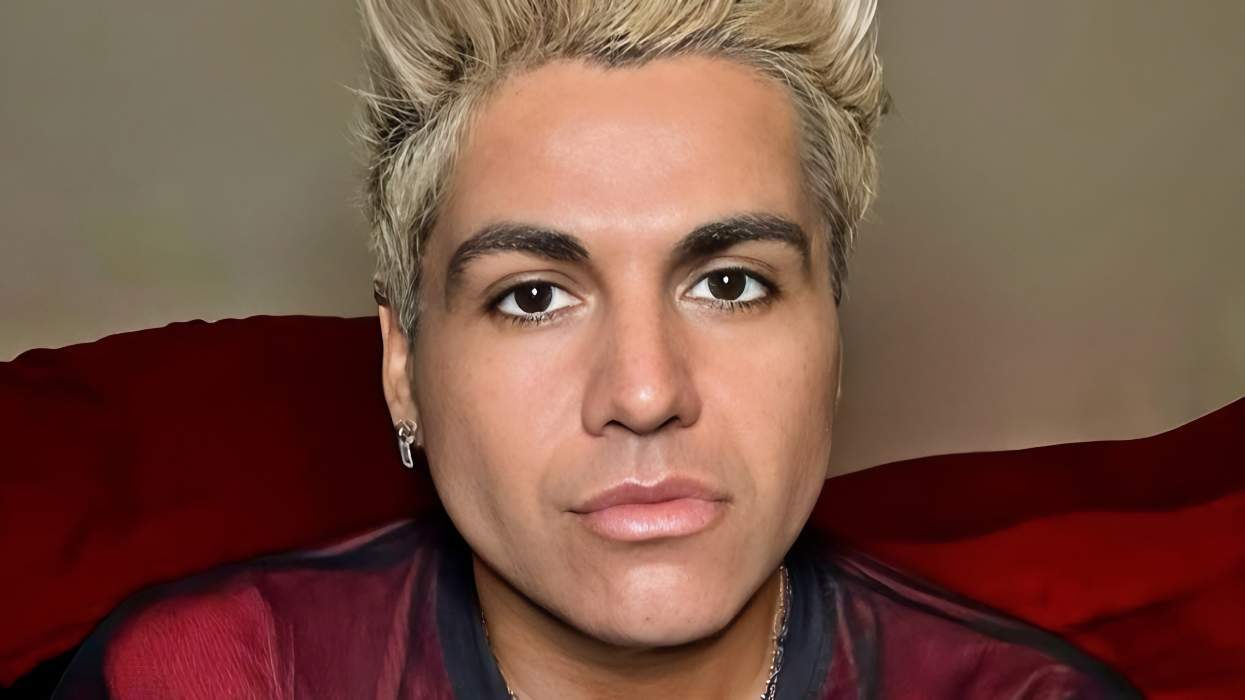
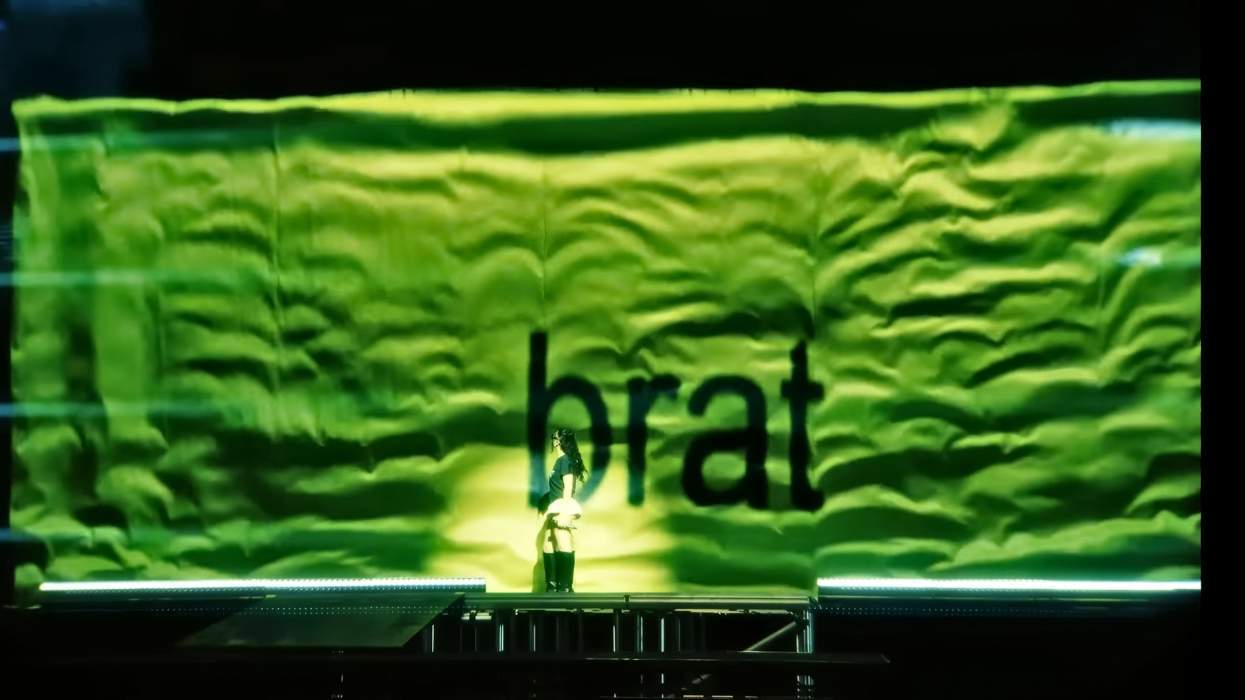
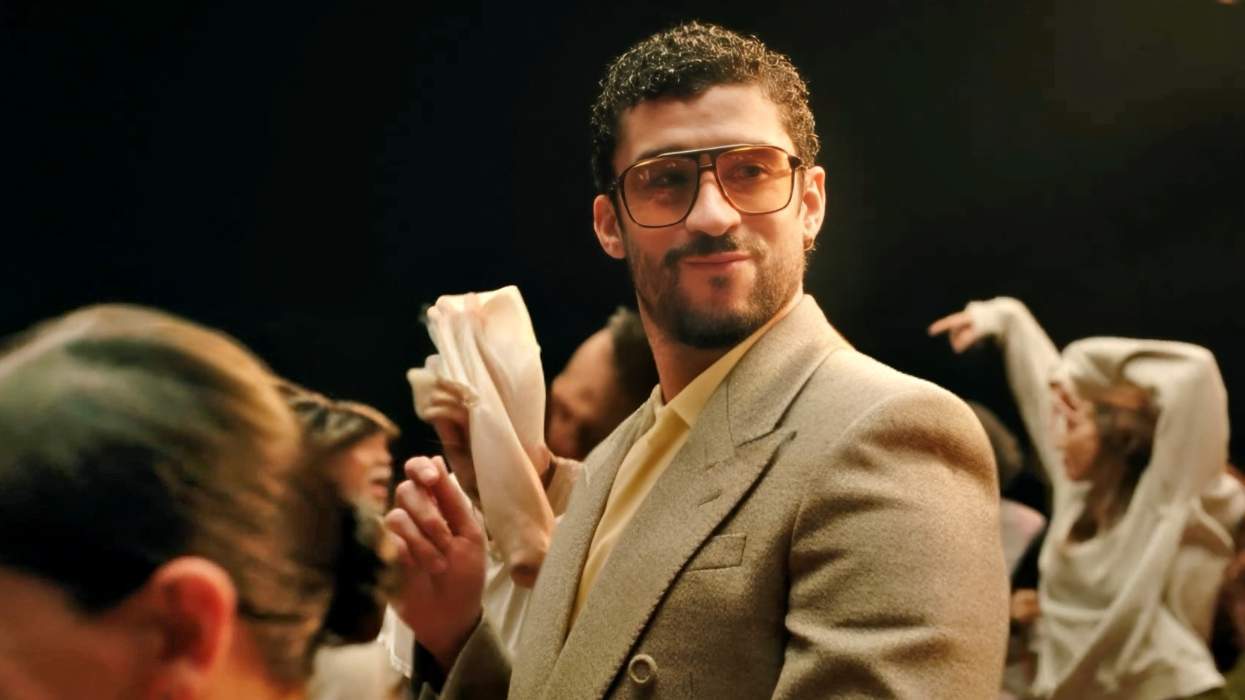
I watched the Kid Rock Turning Point USA halftime show so you don't have to
Opinion: "I have no problem with lip syncing, but you'd think the side that hates drag queens so much would have a little more shame about it," writes Ryan Adamczeski.